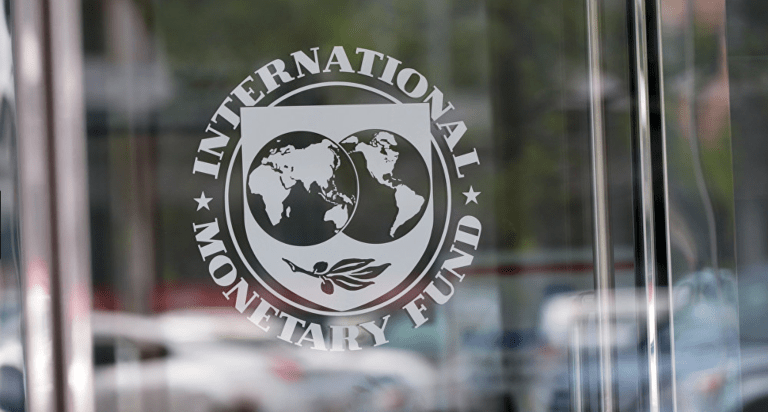The International Monetary Fund (IMF), says achieving Nigeria’s projected 3.1 per cent economic growth outlook for 2024 is dependent on implementation of stronger reforms.
Dr Christian Ebeke, IMF Resident Representative, said this at the Lagos Chamber of Commerce and Industry (LCCI) International Business Conference and Expo 2024 with the theme: “Invest Nigeria”, on Tuesday in Lagos.
Ebeke said that for the country to grow slightly from the 2.9 per cent rate of 2023, further reforms on governance and business regulations were needed.
He said that such reforms would transform its growth momentum into something more durable.
He, however, said that the country had recorded progress in its credit market, as well as financial and external sectors.
“Insecurity, tight financial conditions, multiple taxes, insufficient power and corruption are foremost constraints identified by businesses.
“What comforts the IMF is that these issues can be addressed by the Nigerian government, and they are currently being addressed through reforms by the Federal Government.
“And we are encouraged by the fact that these issues can be reversed,” he said.
He said that Nigeria should close the structural gaps like India, by reducing governance and business regulation bottlenecks by 25 per cent.
According to him, if that is done, the Gross Domestic Product (GDP) output can be lifted by 6.4 per cent in the next three years.
The Minister of Marine and Blue Economy, Adegboyega Oyetola, said that Nigeria’s strategic location and abundant resources presented vast investment opportunities, particularly in the marine and blue economy sector.
Oyetola said that in spite of existing challenges, government was committed to creating an enabling environment to foster economic growth to attract significant investments.
He highlighted some of government’s incentives designed to drive investment in the marine and blue economy sector to include tax exemptions for businesses operating in free trade zones, and infrastructural support.
He added that government had provided new export opportunities for the marine sector under the Guided Trade Initiative (GTI) of the African Continental Free Trade Area (AfCFTA), the Cabotage Vessel Financing Fund (CVFF) among others.
“Our commitment to the marine and blue economy is demonstrated through ongoing port rehabilitation and modernisation projects.


